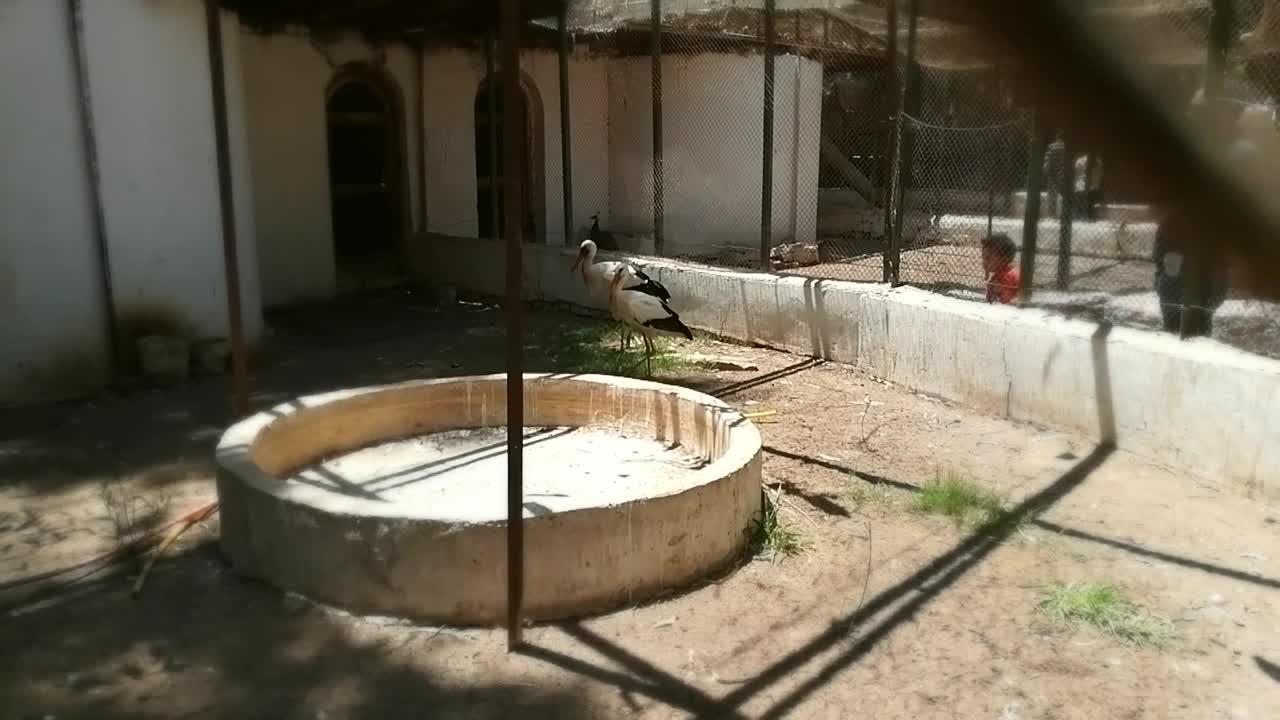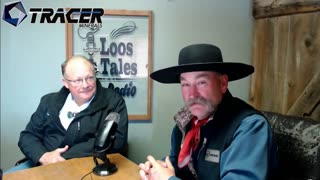Premium Only Content

African white stork migration to zoo
African white stork migration to Egyptian zoo , White Storks rely on an a habitat of open country, in general, wetlands, occasionally flooded river plains, extensively farmed meadows and pastures or water meadows. Originally the White Storks built their nests in old trees and rocks, today its more domesticated descendants usually choose roof-tops or tall chimneys.
The White Stork could never be mistaken for any other European bird. Standing it reaches a height of 80 to 115 cm and has a wing span of 195 to 215 cm. It is easy to recognize by its white plumage, with black on its wings and shoulders, its long red beak and red shanks. When foraging it stalks along at a gentle pace, its neck held straight and bent slightly forward. In flight it is slow with regular wing strokes. It is a “glider”, taking advantage of air thermals to soar up into the sky with outspread, unmoving wings.
arying according to where they breed, between the end of February and beginning of April the Central European White Storks return to their nesting places of the previous year. They are faithful to both partner and nesting place and the building of the nest is carried out by male and female together.
The breeding time of the White Stork is from the beginning of April to the first days of August and lasts 32 to 33 days. They most often lay three to five eggs and both parents share the task of sitting on them. During its first months the young chick is constantly supervised by a parent. After about two months the nestlings begin to fly but are still fed by their parents a further two or three weeks. The young White Storks become independent after about two months and reach sexual maturity at around three to five years. Only then do the young storks return to their nesting area. In the meantime they live in the wintering regions.
White Storks feed on small mammals, frogs and toads, lizards, snakes, fish, earthworms, large insects and their larvae, in exceptional cases also on the eggs and young of ground breeding birds. They catch their prey mainly while stalking along with head and beak pointing down.
-
 3:16
3:16
Reuters
3 years agoSpain shifts strategy on African migration: sources
2905 -
 2:55
2:55
rollingout_music_artists
3 years agoAfrican Cowboy
178 -
 LIVE
LIVE
JULIE GREEN MINISTRIES
39 minutes agoTHE REAL SHOW IS ABOUT TO BEGIN
18,715 watching -
 LIVE
LIVE
Game On!
19 hours agoMLB Playoff UPDATE! The Yankees Are DONE!
1,397 watching -
 LIVE
LIVE
The Bubba Army
21 hours agoEpstein Trump PICS? | Bubba the Love Sponge® Show | 10/08/2025
3,745 watching -
 28:54
28:54
Producer Michael
14 hours agoANSWERING YOUR MOST IMPORTANT QUESTIONS!
7.63K2 -
 8:24
8:24
Hollywood Exposed
12 hours agoCNN Host Turns on Democrats LIVE And Bill Maher Can’t Believe It!
3.34K8 -
 30:59
30:59
Uncommon Sense In Current Times
16 hours agoImmigration, Crime & Justice Reform | Brett Tolman on Borders, Cartels & the First Step Act
10.4K -
 15:36
15:36
The Gun Collective
12 hours agoWOW! Tons of NEW GUNS just dropped!
4.23K10 -
 LIVE
LIVE
BEK TV
22 hours agoTrent Loos in the Morning - 10/08/2025
148 watching
